How to Keep Your Cat Happy: A Comprehensive Guide
Cats are known for their independent nature, but keeping them happy takes more than just leaving out a bowl of food. To ensure your feline friend stays healthy, content, and mentally stimulated, it’s important to meet their basic needs and provide enrichment opportunities. In this guide, we’ll explore how to keep your cat happy by covering everything from health care to behavioral needs, all with the support of The Vale Veterinary Group.
Meeting Basic Health Needs
A cat’s happiness starts with their health, and maintaining that health requires attention to several key areas.
Diet and Nutrition:
Providing a balanced diet is one of the most crucial ways to keep your cat feeling their best. High-quality cat food, whether dry, wet, or a mix of both, should contain the essential nutrients they need. Consult with your vet to determine the best diet based on your cat’s age, activity level, and any medical conditions. Routine vet visits are also key to keeping an eye on your cat’s health. For example, The Vale Veterinary Group’s Routine Healthcare includes advice on nutrition and preventative care.
Vaccinations and Parasite Prevention:
Cats, like any pets, require regular vaccinations and parasite prevention to stay healthy. Vaccines help protect against common diseases, and using flea, tick, and worm preventatives can keep them safe from infestations. If you’re unsure about your cat’s vaccination schedule or need to update parasite prevention, your local Vale Veterinary Group clinic, whether in Cullompton, Tiverton, Honiton, or Uffculme, can help with expert care.
Environmental Enrichment: A Key to Mental Stimulation
Keeping your cat’s environment interesting is essential for their mental health. Cats are naturally curious creatures, and providing them with stimulating surroundings helps reduce boredom and destructive behaviors.
Providing a Stimulating Environment:
Your home doesn’t have to turn into a feline amusement park, but small changes can make a big difference. Adding vertical spaces like cat trees or shelves can give your cat more territory to explore. Rotating toys, providing scratching posts, and using puzzle feeders are simple ways to engage their hunting instincts. For more ideas, check out the APBC’s guide on environmental enrichment, which offers creative games and activities that your cat will love.
Safe Outdoor Access:
Some cats may benefit from safe outdoor access, whether through a secure garden or a “catio” (a cat patio). Outdoor spaces provide fresh air and new scents to explore, but always ensure these areas are cat-proof to avoid any escapes or unwanted encounters. For indoor-only cats, consider adding bird feeders outside windows to provide some natural entertainment.
Behavioral Needs and Social Interaction
Cats, despite their reputation for independence, have behavioral and social needs that play a big role in their overall happiness.
Understanding Feline Behavior:
It’s important to recognize and respect your cat’s natural behaviors. Scratching, for example, isn’t just about keeping claws sharp—it’s also a way for cats to stretch and mark their territory. Providing designated scratching areas can help save your furniture. Hunting is another instinct you can cater to with interactive play sessions using toys that mimic prey. Feliway’s guide to enrichment offers more insight into reducing stress and keeping your cat engaged.
Social Interaction:
Cats may seem aloof at times, but many thrive on social interaction. Regular playtime, gentle petting, and even conversation (yes, they love it when you talk to them!) can help strengthen your bond. However, it’s important to understand that some cats need more space than others. Pay attention to their body language and respect their desire for alone time when necessary.
Planning for the Future: Adapting to Your Cat’s Changing Needs
As your cat ages, their needs will change, and planning for those shifts is key to ensuring they remain happy and healthy throughout their life. Just like humans, cats go through different stages, each with unique health and behavioral requirements. Being proactive about their care at every stage can help you prevent health issues and keep them comfortable as they age.
Kittenhood:
In the early months, kittens are bundles of energy and curiosity. During this time, it’s important to provide plenty of stimulation and ensure they receive all the necessary vaccinations and parasite prevention treatments. Kittens also benefit from early socialization and play that mimics hunting behaviors. Regular vet visits are essential to monitor growth and development.
Adulthood:
As cats move into adulthood, their activity levels may decrease, and their nutritional needs can change. Adult cats require a balanced diet tailored to maintain their energy levels and prevent obesity. This is also the time to ensure their dental health is monitored closely, as dental issues can become more common. Regular vet check-ups remain important, allowing early detection of any emerging health issues.
Senior Cats:
Once your cat reaches senior status, typically around age 7 or older, their care needs become even more specialized. Mobility issues, arthritis, and chronic conditions like kidney disease may start to appear. You can support your senior cat by providing more accessible feeding and resting areas, as well as considering supplements that promote joint health. It’s important to adjust their diet to reflect lower activity levels and to keep an eye on weight gain or loss.
Planning with Pet Insurance:
As your cat’s needs change over time, vet care can become more frequent and costly, especially as they age. Investing in pet insurance is an excellent way to plan for your cat’s future health needs. It can help cover the costs of routine care, emergency treatment, and even chronic conditions, giving you peace of mind knowing your cat will receive the care they need without financial stress. For a breakdown of the best pet insurance options available in the UK, take a look at this guide from The Telegraph.
By planning ahead and adjusting care as your cat moves through each stage of life, you can ensure they stay happy and healthy well into their senior years. Whether it’s scheduling regular vet visits, adapting their environment, or considering pet insurance, these proactive steps will help secure a bright future for your feline companion.
Regular Vet Check-Ups: A Foundation for Happiness
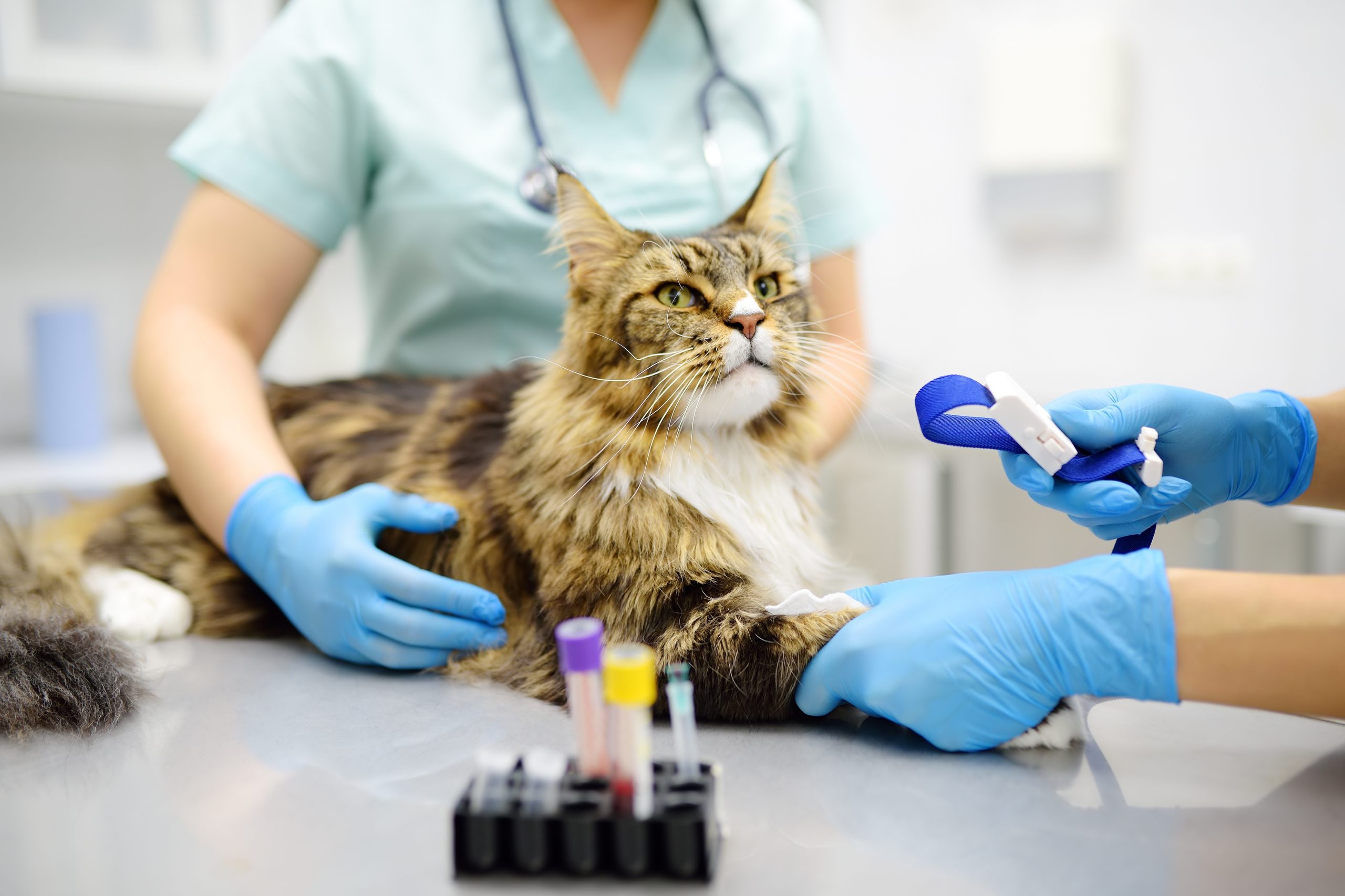
No matter how enriched or active your cat’s life is, regular veterinary check-ups are essential for long-term happiness. Routine exams help detect health issues early, keeping your cat comfortable and preventing more serious problems from developing. Enrolling in preventative care programs, like the Premier Paws Club at The Vale Veterinary Group, ensures your cat receives the necessary care throughout their life, from kittenhood through their senior years.
At Vale Veterinary Group, we provide comprehensive healthcare for cats, whether it’s a wellness check, vaccinations, or managing long-term conditions. Our local clinics in Cullompton, Tiverton, Honiton, and Uffculme are always ready to help your cat live their best life.
Conclusion: A Happy Cat is a Healthy Cat
Keeping your cat happy involves a mix of good health care, environmental enrichment, and meeting their behavioral needs. Whether it’s ensuring they receive regular check-ups at The Vale Veterinary Group, or simply providing them with stimulating activities at home, a little effort goes a long way. Remember, a happy cat is more than just a content pet—they’re a thriving member of your family.
If you’re ready to help your cat live their happiest, healthiest life, book a consultation at one of our local practices today!

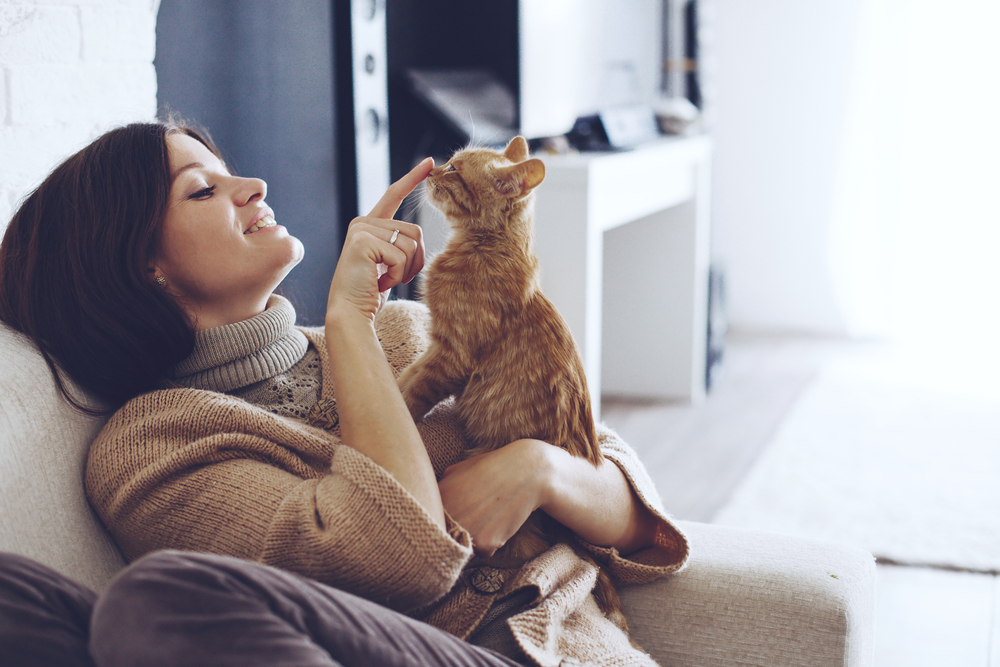
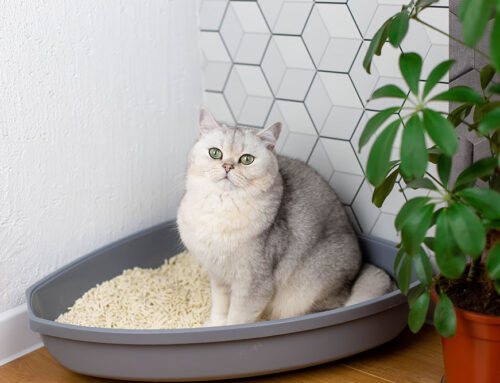

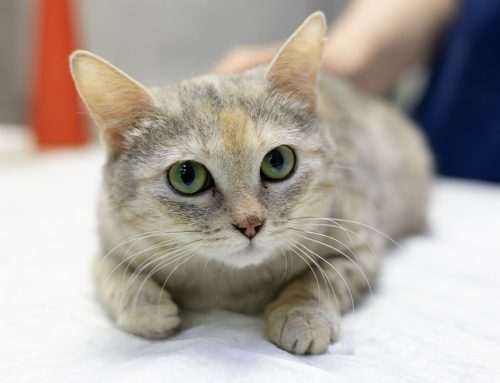
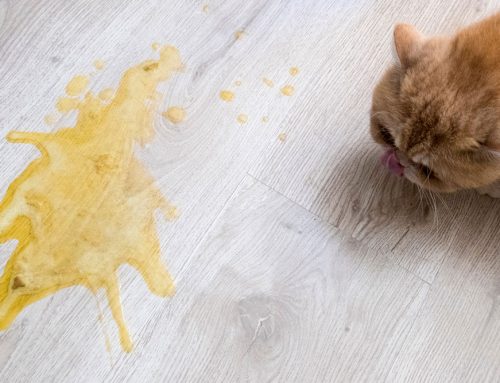

Leave A Comment